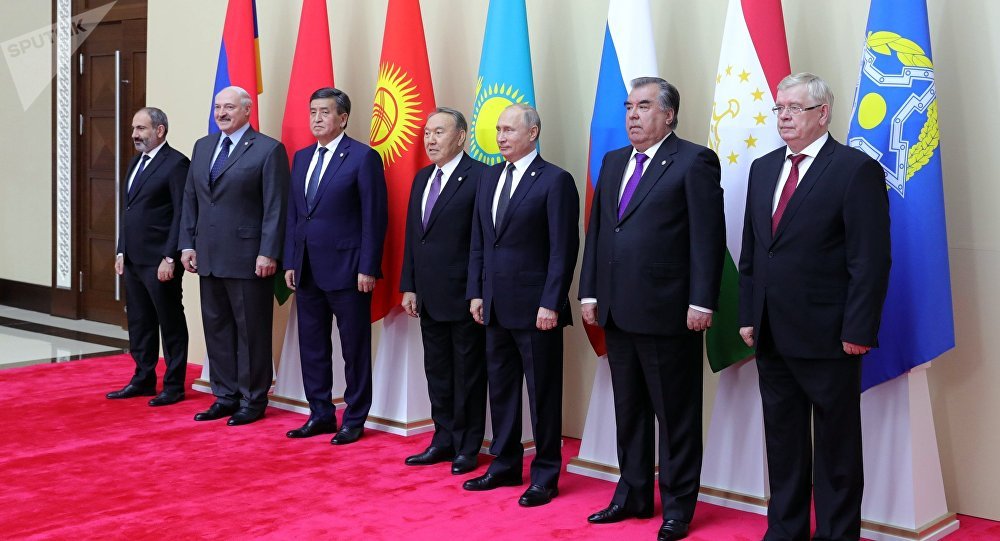The CSTO has not overcome divisions
 The situation has not changed
The situation has not changed

The deadlock situation concerning the CSTO Secretary General position has demonstrated the lack of unity within the body and the absence of the culture of reaching compromises and agreements. The tension between Minsk and Yerevan is likely to retain even after Belarus assumes the presidency in the CSTO due to the rotation.
On the sidelines of the Milex-2019 military exhibition in Minsk, Acting Secretary General of the CSTO Valery Semerikov said that a representative of Belarus, current State Secretary of the Belarusian Security Council Stanislav Zas, would assume the SG position on January 1st, 2020. By then, the CSTO would have been operating without a leader for 14 months.
That said, it is worth mentioning, that rotation only concerns the state’s right to nominate its representative for the CSTO SG position, while the actual appointment requires a consensus among all participating states. Hence, Zas’ appointment will depend on Yerevan’s consent. So far, the latter has been abstaining from a clear position on his candidacy. Armenia may vote against Zas referring to his direct involvement in the Belarusian-Azerbaijani security cooperation and propose Minsk to nominate another candidate for the CSTO SG.
The existing situation with the CSTO Secretary General enables two conclusions. First, it has clearly demonstrated the lack of spirit of alliance and partnership within the organization, casting doubts on the CSTO’s ability to act jointly in the event of a crisis or a security challenge to its member. Second, Moscow de facto abstained from resolving the conflict between Minsk and Yerevan over the CSTO SG candidacy, which arose after Armenia had withdrawn her representative due to criminal prosecution in November 2018. Russia’s position indirectly points to the low value which Moscow attaches to the CSTO as a collective security instrument in the post-Soviet space. It is obvious that the Kremlin gives a priority to unilateral actions and is not inclined to restrict its freedom by formal allied commitments to other post-Soviet states.
Subscribe to our newsletter




Situation in Belarus
Constitutional referendum: main consequences


 Video
Video
How to count the political prisoners: are the new criteria needed?


 Video
Video
Paternalism In Decline, Belarusian Euroscepticism, And The Influence Of Russia


 Video
Video












